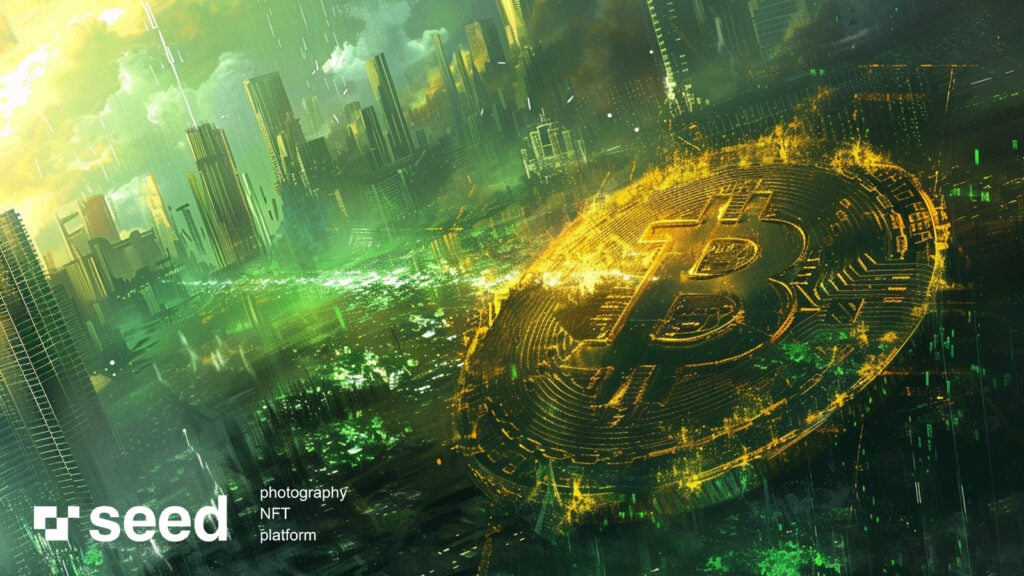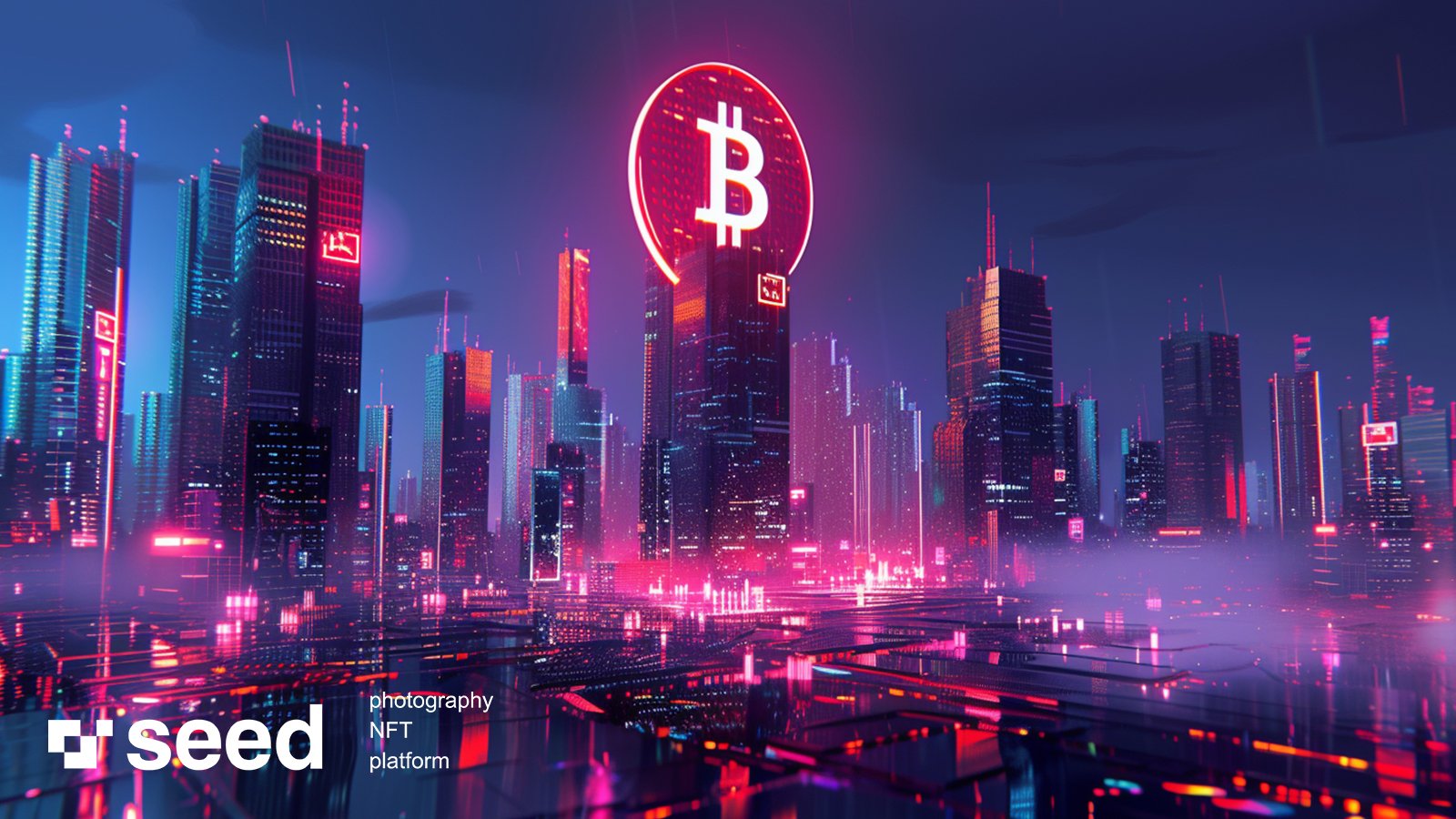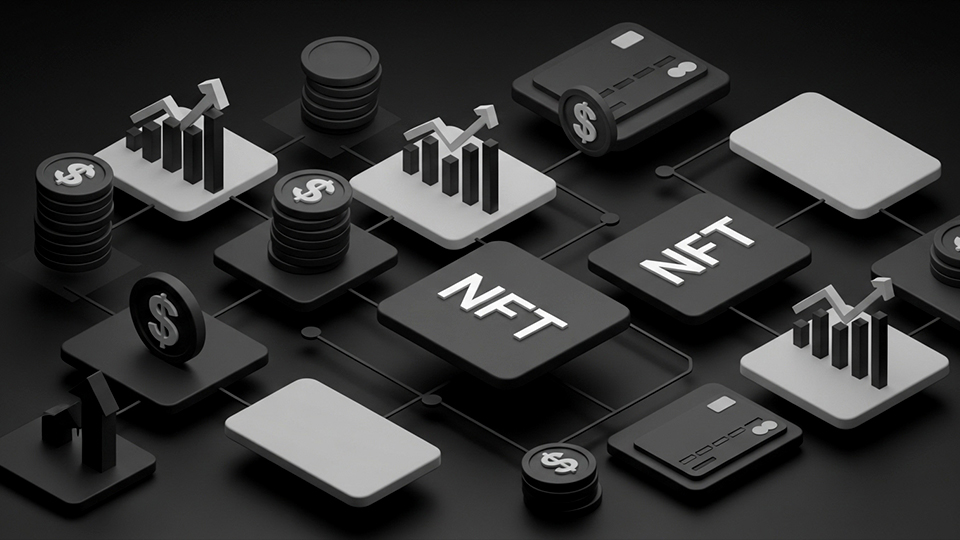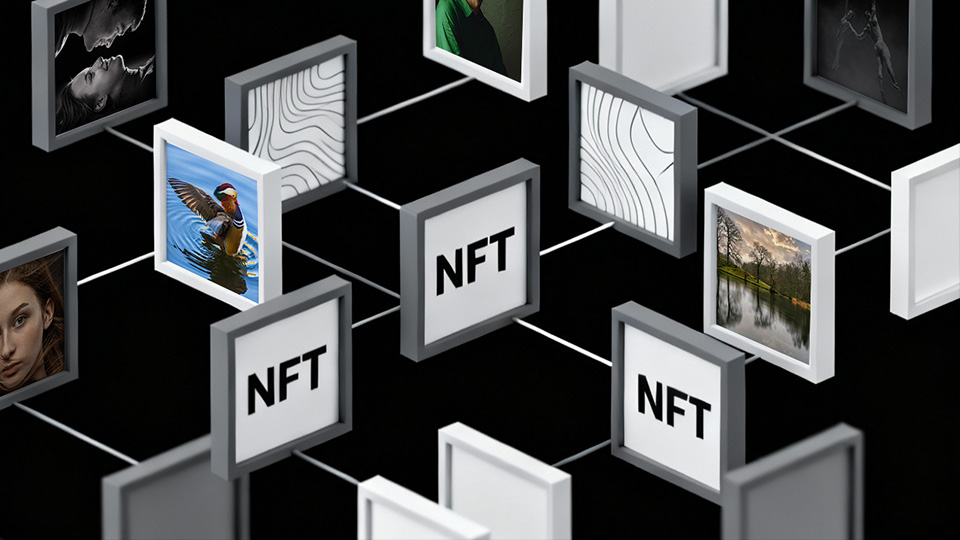Understanding Non-KYC Crypto Exchanges: Risks and Realities
Cryptocurrency trading platforms that don’t require identity verification, known as non-KYC exchanges, are popular for their focus on user anonymity and privacy. Unlike KYC-compliant platforms that demand personal details like government IDs and addresses, non-KYC exchanges allow users to trade without revealing their identity. While appealing, these platforms come with significant risks.
Types of Non-KYC Crypto Exchanges
Non-KYC crypto exchanges generally fall into three categories:
- Custodial: Platforms that hold users’ funds and private keys, offering less security due to central control.
- Non-Custodial: Users retain control of their private keys, providing more security and autonomy.
- Hybrid: A mix of custodial and non-custodial features, offering both centralized and self-custody options.
Key Risks of Non-KYC Trading
While anonymity might seem beneficial, it also introduces serious vulnerabilities:
- Fraud and Scams
Without identity verification, these platforms are often exploited by scammers. They may fall prey to exit scams, where funds vanish as platforms shut down unexpectedly. - Regulatory Crackdowns
Governments worldwide are tightening controls through regulations like AML (Anti-Money Laundering) laws and MiCA (Markets in Crypto-Assets). Non-KYC exchanges are increasingly targeted as enablers of illicit activity, leading to shutdowns, fines, and blacklisting. - Security Issues
Lack of mandatory audits and cybersecurity protocols make non-KYC exchanges easy targets for hackers, putting user funds at risk. - Limited Transparency and Legal Protection
With unclear operational policies and no regulatory oversight, users often have little recourse in disputes or in cases of lost assets. - Legal and Financial Consequences for Users
In some jurisdictions, trading on non-KYC platforms can expose users to legal action, especially if their transactions are linked to illicit activities. Additionally, anonymous transactions can complicate tax compliance, leading to penalties.
Why Regulations Matter
Laws like AML aim to prevent activities like money laundering and terrorism financing. Non-KYC exchanges often operate outside these frameworks, increasing their risk of being banned in regions like the U.S. and EU. Users may face asset freezes or penalties simply for using non-compliant platforms.While non-KYC crypto exchanges appeal to users valuing privacy, the lack of regulatory compliance creates risks for both platforms and their users. Whether you’re a seasoned trader or a crypto newcomer, it’s crucial to understand the trade-offs before opting for anonymous trading.





